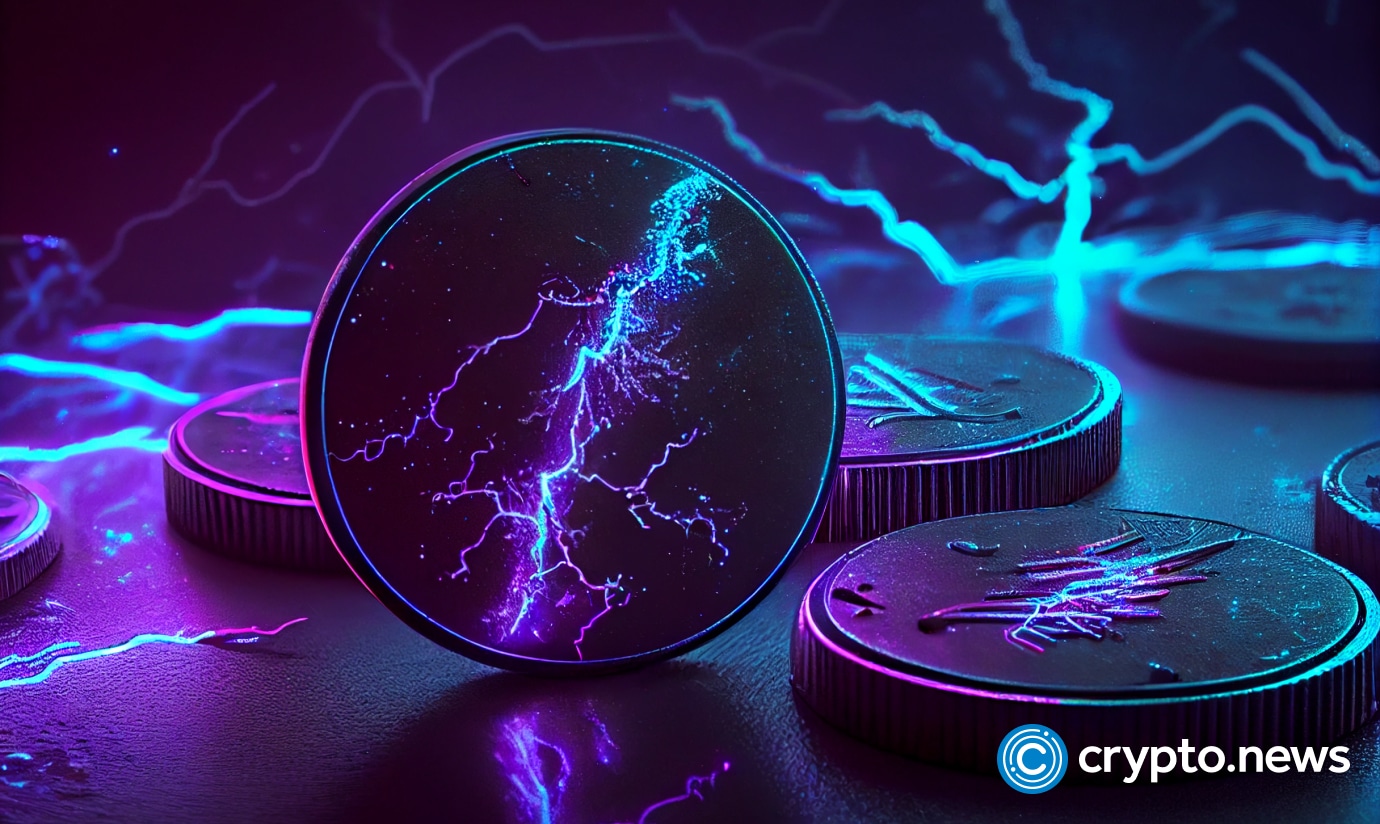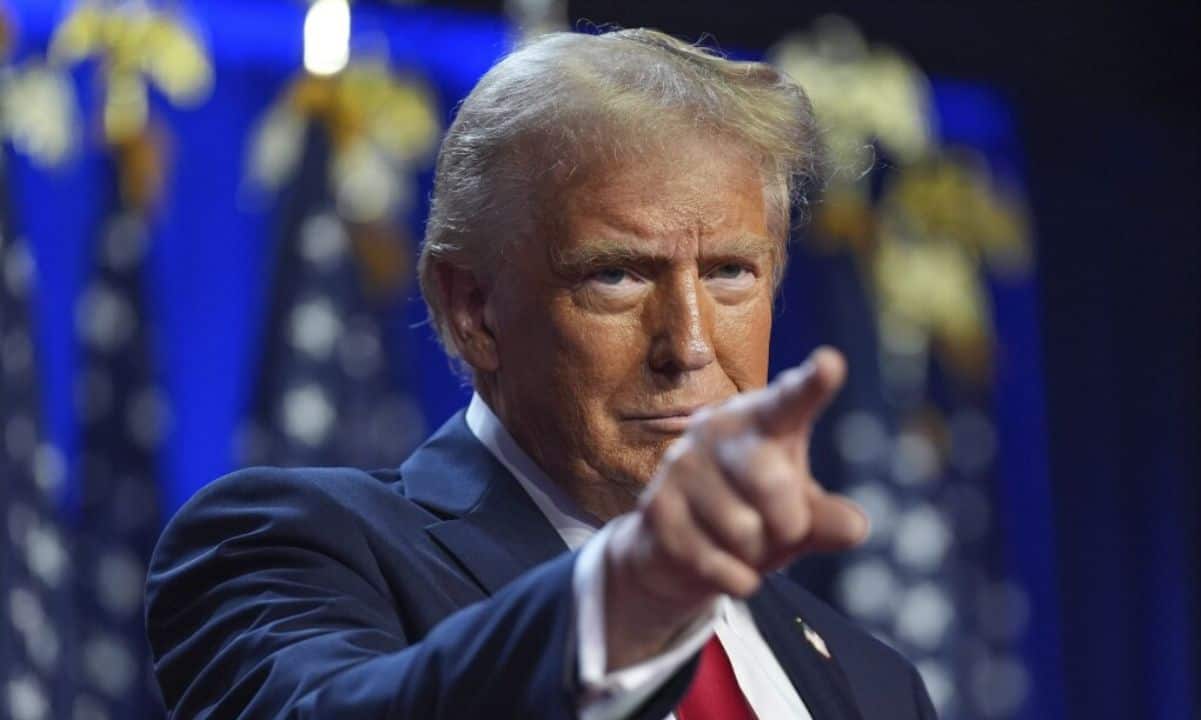Exploring the Exciting World of Exaion: A New Player in the Tezos Ecosystem
In the ever-evolving landscape of blockchain technology, new players continue to emerge, each bringing unique perspectives and contributions. One such player is Exaion, a subsidiary of the esteemed French electric utility giant, EDF Group. Exaion has recently made waves in the Tezos community by becoming a validator of Etherlink, the Tezos-powered layer 2 blockchain.
What is Etherlink, and How Does Exaion Fit In?
Etherlink is a Layer 2 scaling solution designed to enhance the Tezos blockchain’s throughput and reduce transaction fees. By processing transactions off-chain and batching them for verification on the Tezos mainnet, Etherlink aims to make the Tezos network more accessible and efficient for users.
Exaion, as a validator, plays a crucial role in the Etherlink ecosystem. Validators are responsible for maintaining the security and integrity of the network by verifying and validating transactions. In the case of Etherlink, validators ensure that the off-chain transactions are correctly processed and added to the Tezos mainnet.
Impact on the Individual: Simplified Transactions and Enhanced Security
For users, the integration of Exaion as a validator means several benefits. First and foremost, it adds another layer of security to the Etherlink network. With more validators, the network becomes more decentralized and less susceptible to potential attacks. Additionally, the presence of a reputable organization like EDF Group in the ecosystem can instill greater trust and confidence in users.
Furthermore, the collaboration between Exaion and Etherlink may lead to simplified transaction processes for users. Exaion’s expertise in the energy sector could potentially contribute to the development of carbon-neutral or energy-efficient blockchain solutions. This could result in reduced energy consumption and lower costs for users.
Impact on the World: A Greener and More Efficient Blockchain Ecosystem
The collaboration between Exaion and Etherlink could have far-reaching implications for the blockchain ecosystem as a whole. By integrating energy sector expertise into the development of blockchain solutions, we may see a more sustainable and eco-friendly approach to blockchain technology.
Moreover, the increased efficiency and reduced transaction fees offered by Etherlink could make blockchain technology more accessible to a wider audience. This could lead to a greater number of use cases and applications, particularly in industries where transaction costs have previously been a barrier to adoption.
Conclusion: A Bright Future Ahead for Exaion and the Tezos Ecosystem
Exaion’s entrance into the Tezos ecosystem as a validator of Etherlink marks an exciting new chapter in the development of both the Tezos blockchain and the broader world of blockchain technology. With its unique expertise in the energy sector and a commitment to sustainability, Exaion is poised to make significant contributions to the ecosystem. Stay tuned for further developments and innovations as this partnership continues to unfold.
- Exaion, a subsidiary of EDF Group, becomes a validator of Etherlink, the Tezos-powered layer 2 blockchain.
- Exaion’s role as a validator adds another layer of security and decentralization to the Etherlink network.
- The collaboration between Exaion and Etherlink could lead to simplified transaction processes and reduced energy consumption.
- The integration of energy sector expertise into blockchain development could result in a more sustainable and eco-friendly approach to technology.
- The increased efficiency and reduced fees offered by Etherlink could make blockchain technology more accessible to a wider audience.





